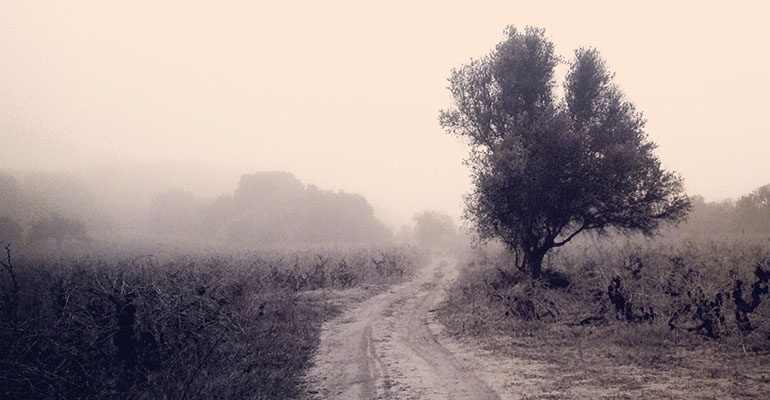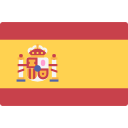- Film présenté cette année à Cinélatino
Blanco en blanco, Compétition fiction
- Direction
- Theo Court
- Country
- Chile
- Format
- Feature film
- Type
- Fiction
- Original title
- Tres noches negras
- Scenario
- Théo Court
Theo Court
As a director and screenwriter Theo Court has worked on animation, fiction and documentary projects that have consistently attracted attention and which have had international renown, participating in many screenings and festivals throughout the world. His first feature film Ocaso premiered at the Rotterdam International Film Festival, Bright Future section. He is also a teacher at Escuela de Cine de Chile.
Filmography
2010 – Ocaso – Fiction – 80 min.
2007 – Sendero – Animation – 27 min.
2004 – El Espino – Fiction – 20 min.
Note of intent
Chile is a country that has undergone major transformations in recent years; the impulse of an overwhelming modernity, a supposed restructuring of social classes and new emigration to name a few. All of these changes are to be represented in a small rural town in central Chile, where the vestiges of the old oligarchy are strongest in Chile, though presumably they are now in decline. This is the basis of this investigation of the past and present of this society. A wedding between Haitians is the spark that enflames the conflict to reveal the true face of the people who inhabit that space.
Synopsis
It is autumn, mist covers an adobe house on a hill. A wedding between a young Haitian couple is about to start. The wedding party is sparse. Some Chilean farmers observe the events from outside without participating as the sun sets over the valley. Slowly and timidly they join the party. Night falls. The dead body of the young boyfriend is found. No one has seen anything. A quick investigation takes us to the homes of the witnesses from the party. Each one has a different version. No one says they saw anything, no one casts suspicion on anyone. It is spring and the crime seems to have been forgotten. José, one of the witnesses to the marriage and the crime, awaits his first child. The baby is born, but something strange happens. José refuses to see him again, no one in town goes to visit them. Some time later José tells the townspeople that the baby has died. The town begins to speculate.
Visual concept
The film is divided into Autumn and Spring. The rural areas of central Chile will mark the aesthetic division of the film. The area’s autumnal mist, the mud, the fire, the smoke of the leafless vineyards and the birth of spring in this rural environment connect the film visually. The night is an element with a narrative and visual importance – three dramatic events occur at night, leading to a more suggestive audio and visual abstraction. The structure of the movie will be set out through the shot sequences with the goal of capturing the temporality of the place and its visual nuances.

- Shooting planned date
May 2021 – October 2021
- Planned shooting location
Chili
- Budget
- 300 000 Euros
- Project's development phase
In development.
- Production
- Rampante films
- Biographie producteur.ice
Recipient of a scholarship from the French Ministry of Foreign Affairs, B.A. in Political Sciences and M.A. in Intellectual Property Law from Sciences Po in Paris, France. He also attended the University of São Paulo in Brazil and obtained a degree in film and TV production at the Catholic University of Chile and a filmmaking degree at University of Chile. He is now working as manager and producer at Quijote Films and at Rampante Films in Chile.










